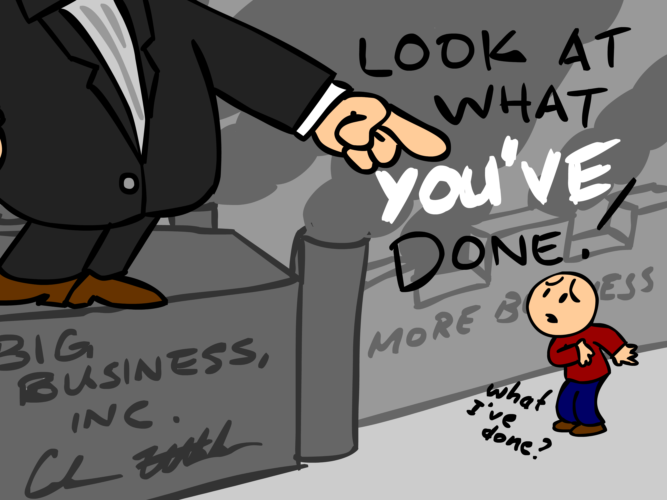While the United Nations is pushing toward action in order to combat climate change, their efforts seem to far exceed that of the nations who have power to change how we see the future.
The U.N. Climate Conference, COP26, concluded on Friday, Nov. 12, in Glasgow, Scotland. This is the 26th annual conference the U.N. has held over the climate crisis.
As the U.N. pushes for progress and change, we at The News believe that a majority of nations are not ready to make the drastic changes that are required to alter the damage already done to the environment and make a big positive impact.
According to a BBC article from Nov. 15, national leaders want to phase down the use of coal power.
We are at a point where we need to see serious action, and it seems as though nation’s governments want to take baby steps towards progress, but we do not have the time for that.
In his statement to the conference, U.N. Secretary General Antonio Guterres expressed how crucial it is that progress is made.
“We are in the fight of our lives. Never give up. Never retreat. Keep pushing forward. I will be with you all the way,” Guterres said.
Having the goal of phasing down coal usage is like a drop in the bucket of a solution. To further the disappointment according to another article from BBC, on Oct. 21, stating that nations were lobbying to downplay the climate reports.
The article says nations such as Japan, Australia and Saudi Arabia were among those lobbying to play down the impact of fossil fuels and how imperative it is for nations to start phasing it down.
Before the start of the conference, nations were already attempting to avoid making even minimal steps.
Since the United Nations is not an authoritative body, it leaves us almost hopeless that there could be real progress made before climate change creates more drastic irreversible damage.
The solutions in front of us are as they always have been, and it’s alternative power sources such as wind and solar power.
But it seems to revolve around money. An article from the MIT Technology Review shares that solar power generates more electricity than what is required, which can drive down prices.
The sun is always available, and therefore it can’t be monopolized and made scarce. Overall, it is less profitable than fossil fuels, which causes companies to disregard it in favor of making another dollar.
The effects of climate change have to reach rich neighborhoods onto politician’s porches to where they can’t escape it for baby steps to turn into leaps.
There are multiple solutions, and now the future rests in the hands of our leaders, some who would rather downplay the crisis rather than tackle it. Seeing the way our leaders are choosing to handle this crisis does not create an optimistic future.

























































































